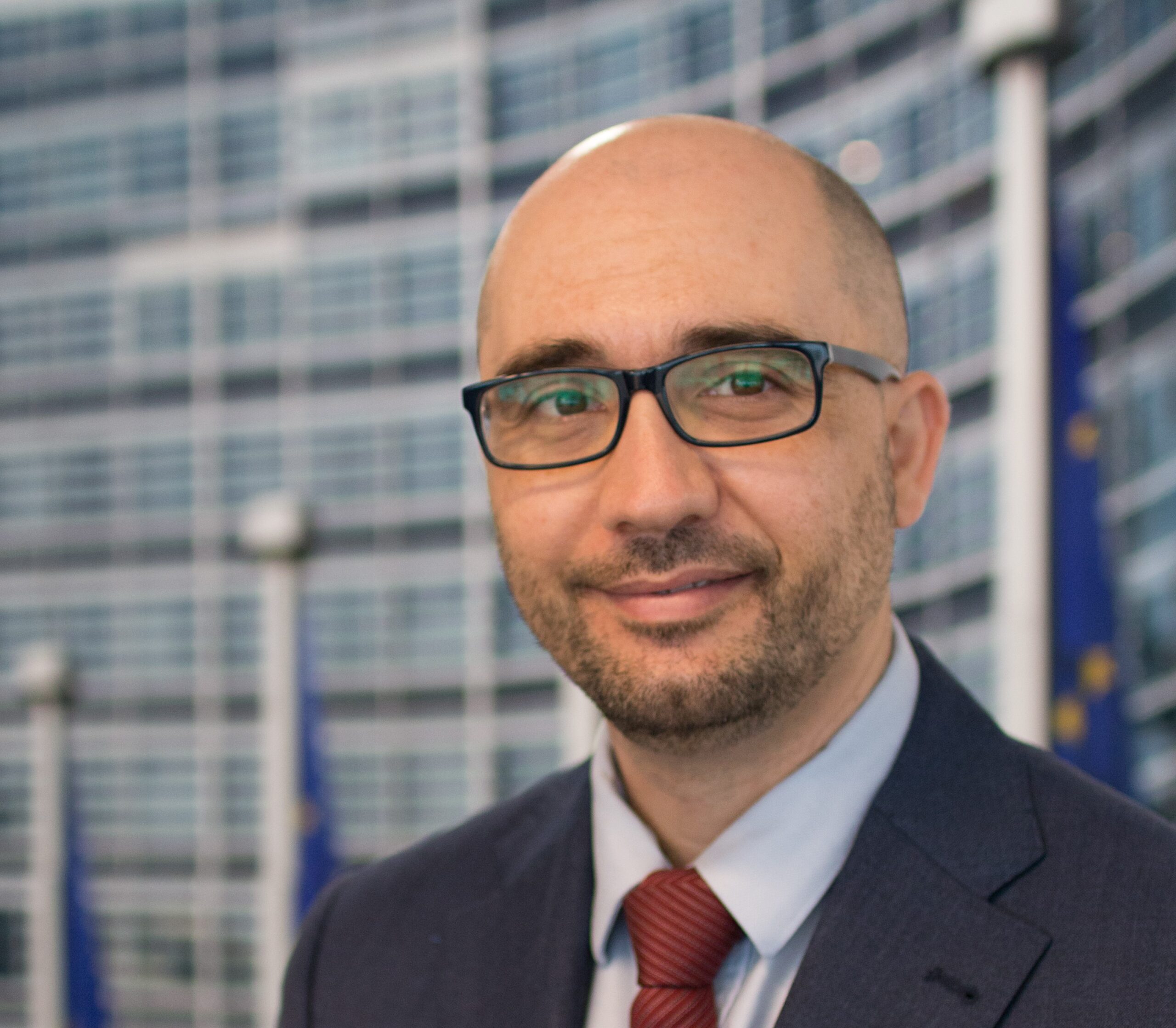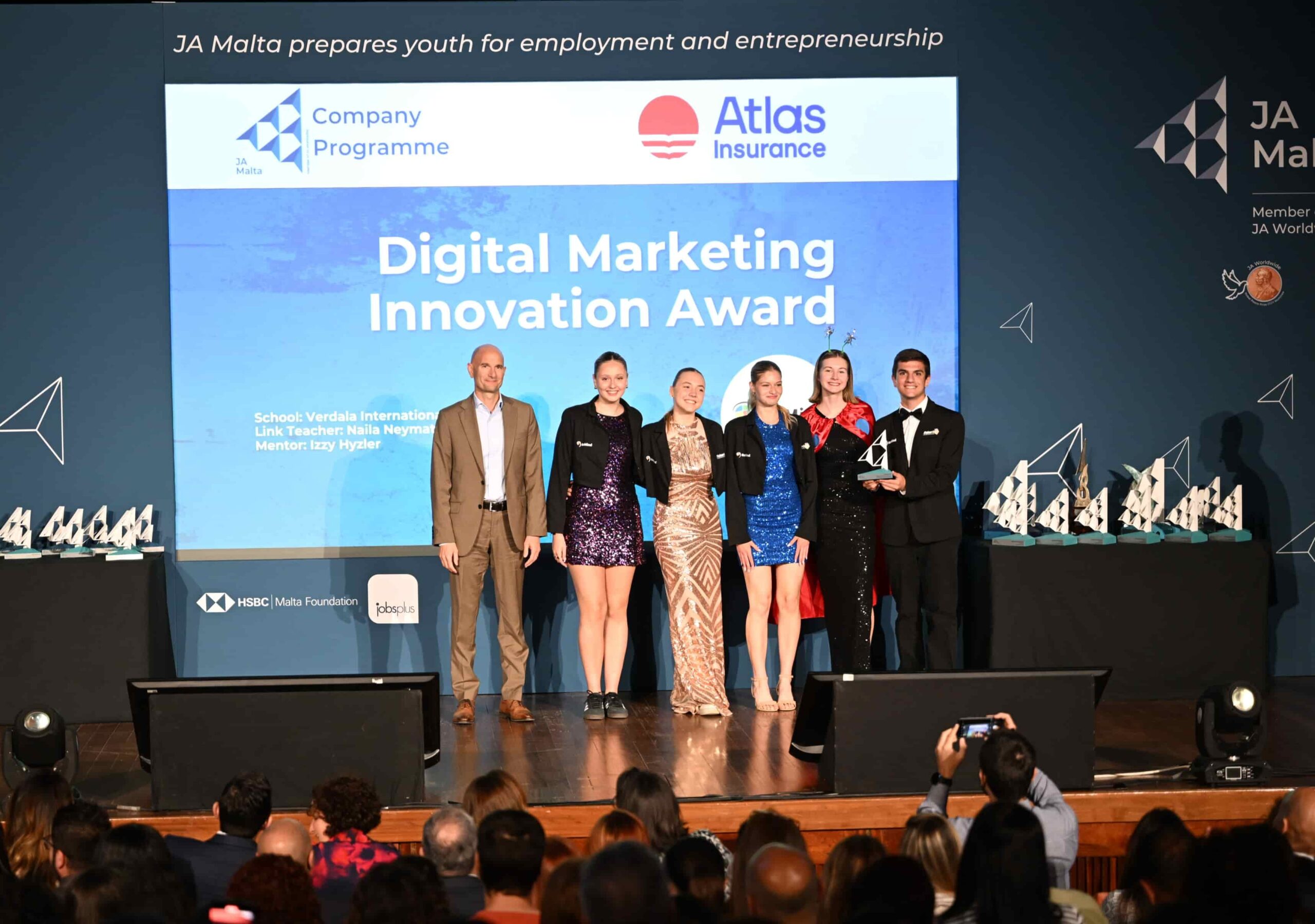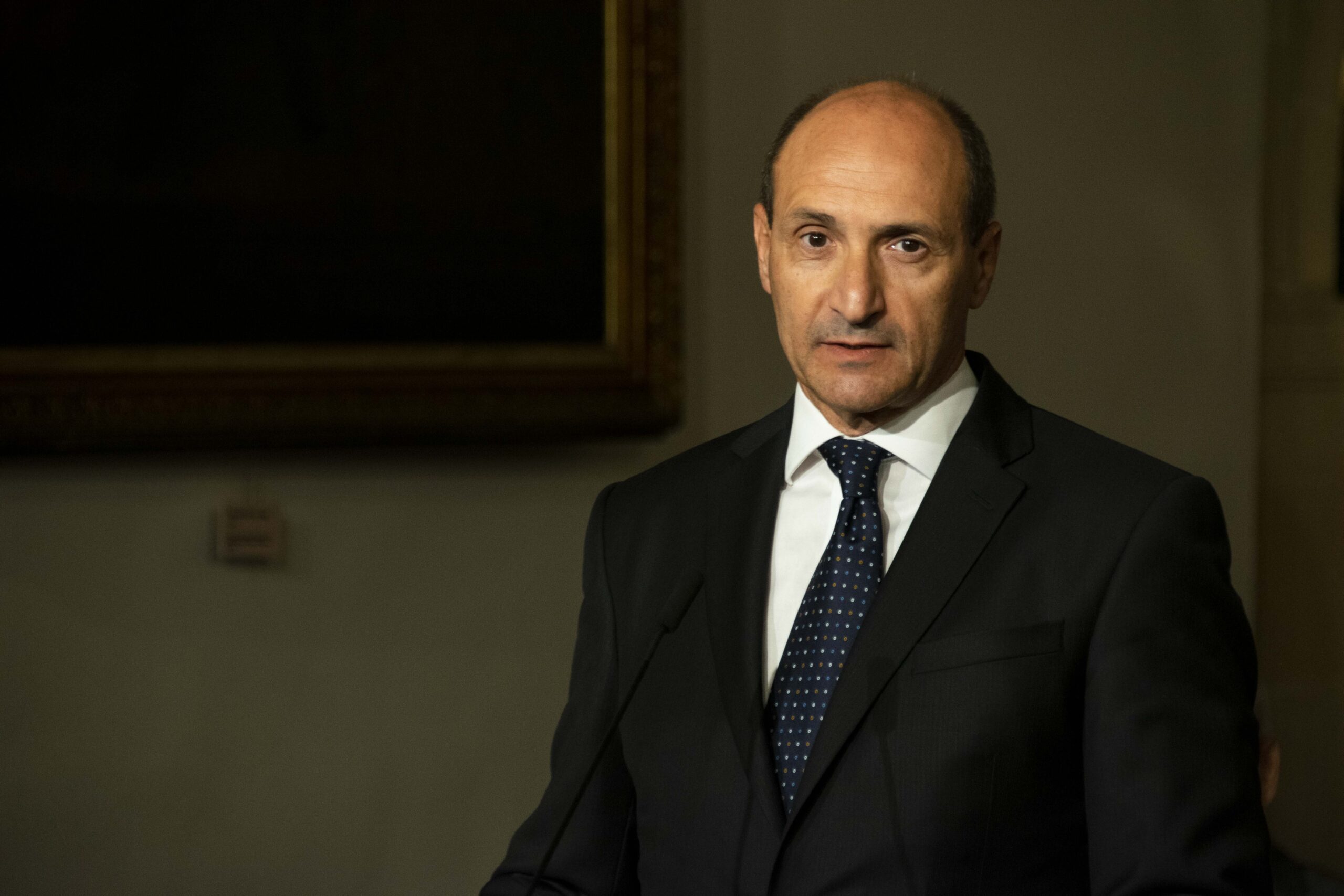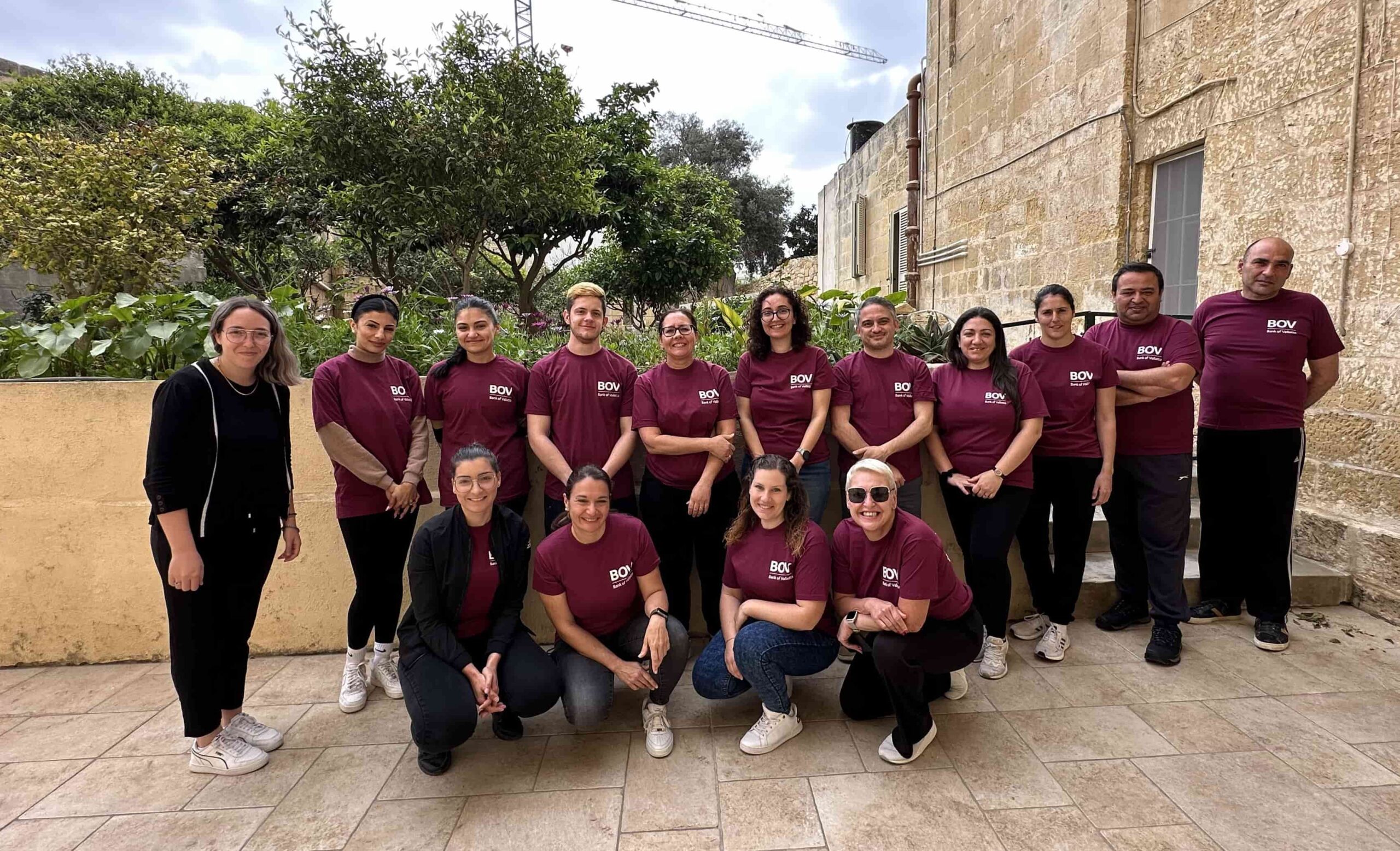DANIEL DEBONO – EU AFFAIRS MANAGER & HEAD OF BRUSSELS OPERATIONS – MBB
Digitalisation has been and remains a main priority on the EU agenda. During the last five years, a series of legislations were adopted to shape the digital economy. From the Digital Markets Act and the Digital Services Act providing fairer treatment, more accountability and transparency by online platforms; to the Data Act introducing harmonised rules on fair access to and use of data; and the Artificial Intelligence Act outlining clear requirements and obligations to AI developers and deployers regarding specific uses of AI, the focus must now shift to ensuring an effective and consistent implementation of these rules and to maximise their positive impact on society and businesses across the EU.
Meanwhile, last year, the European Commission took a proactive step in keeping up with the technological transition by introducing the Web 4.0 strategy that is focused on the virtual worlds. This will shape the EU’s activity in the digital sphere for the next years as it looks at creating a digital space that is open, secure, fair, and inclusive for citizens, businesses, and public administrations.
This initiative anticipates the fact that the next EU legislature must be prepared for more disruptive and fast-paced advancements in the space of the industrial metaverse, quantum technologies, data storage and processing infrastructure, advanced semi-conductor technologies, and biotechnology. Continuous innovation is a characteristic of digitalisation, and it must be ensured that relevant legislation is adopted in a timely manner and to be future proof without stifling innovation. Further use of regulatory sandboxes – where businesses are allowed to experiment with new and innovative products and services under supervision of a regulator for a limited time – will be important.
Virtual worlds, including the industrial metaverse, are poised to revolutionize the business and employment landscape in the EU, with a significant portion of the population using such technology daily for personal and professional purposes. This also has the potential of creating thousands of new jobs in the future. However, just like the emergence of the internet did in the last century, these technologies will also bring some important challenges, including access to reliable information, digital skills, user acceptance, as well as broader issues related to ethical and fundamental rights. These are some of the challenges that need to be duly addressed by EU policymakers in ensuring a level-playing field, equal access, and proper safeguards.
Quantum technologies have revolutionized scientific research. Lasers, electronics, satellite-based positioning, and medical imaging are just a few examples of their real-world applications. The second quantum revolution is now unfolding, which is enabling an even more powerful application of quantum information with critical infrastructures, sensitive communications, and data facing increasing cybersecurity threats. Further discussion is required at EU level in examining the quantum industry and its prospects compared to other quantum powerhouses like the US and China. In maintaining EU competitiveness, it needs to be ensured that adequate EU funding continues to be directed towards European quantum programmes such as the ‘Quantum Technologies Flagship Initiative’ and the EuroHPC Joint-undertaking initiative on building state-of-the-art quantum supercomputers.
AI technologies continue rapidly gaining prominence and pervasiveness. When used responsibly, they hold immense potential to benefit businesses and citizens at large. However, like any advanced technology, AI can also be misused, leading to unethical practices or malicious outcomes. The EU’s Artificial Intelligence Act is the first of its kind, establishing clear guidelines for safe AI innovation and deployment while preventing its misuse that could expose individuals to unacceptable risks. While the AI Act envisions establishing coordinated regulatory sandboxes to foster AI innovation in a controlled environment for businesses to test and refine AI-driven products, services, or business models under narrow regulatory supervision, to be more effective the EU must also look at providing more liability protection for sandbox participants and a better interplay between AI sandboxes and EU data protection rules.
While such developments should be monitored to avoid malicious practises or misuse, EU policymakers must avoid overregulation, particularly as most companies in the digital field are young, micro or small-sized companies, whose main focus ought to be on driving technological solutions that enable the wider business community to be more efficient and productive in their operations. New regulatory frameworks must follow the smart technology sovereignty approach whereby they serve to create attractive business environments and a level playing field for companies to thrive and compete globally. Excessive bureaucracy negatively impacts the time to market of EU digital products and services, and further puts our businesses at a competitiveness disadvantage compared to countries such as the USA and China which are leading digital innovation globally.
Finally, strengthening the digital skills of the European workforce will remain one of the fundamental challenges of the digital transition. This will require ongoing public awareness and investment in education and training to ensure that companies find the human capital to manage and operate digital tools, as well as to shape upcoming innovators that will create the digital technologies of the future. Basic digital literacy is also important for the population at large to ensure the safe use of technology and apply proper safeguards against cybersecurity risks, both at the workplace as well as in their personal lives.
Daniel Debono is the EU Affairs Manager and Head of Brussels Operations of the Malta Business Bureau (MBB). The MBB is the EU-business advisory organisation of The Malta Chamber and the Malta Hotels and Restaurants Association. It is also a partner of the Enterprise Europe Network.
This article was first published on The Malta Independent.









